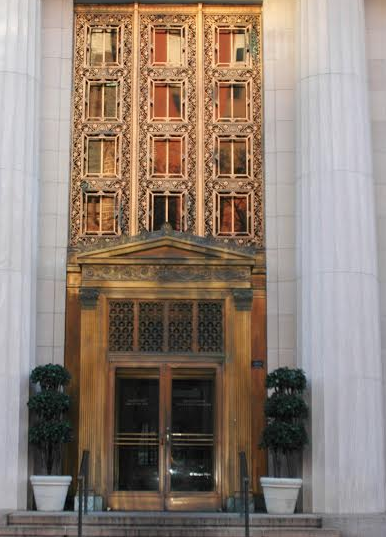Judge’s misreading of jury note leads to new trial for jailed defendant

A Queens judge’s incorrect handling of a jury communication led the Brooklyn appellate court to order a new trial for an imprisoned defendant.
New York law permits a jury to request clarification on points of law, to review trial transcript or other admitted evidence as they take part in the civil task and responsibility of deliberating a criminal defendant’s guilt over innocence and punishment over leniency.
In 2011, a Queens jury convicted defendant Thomas on four counts of criminal possession of a weapon in the second degree and conspiracy in the fourth degree. During jury deliberations, the jury submitted a number of notes to the presiding judge. In one such note, the jury asked “to have the law read back to us.” With that particular note, the judge read the note in the presence of the prosecution and defense counsel and proceeded to reread to the jury the specific law.

Brooklyn Boro
View MoreNew York City’s most populous borough, Brooklyn, is home to nearly 2.6 million residents. If Brooklyn were an independent city it would be the fourth largest city in the United States. While Brooklyn has become the epitome of ‘cool and hip’ in recent years, for those that were born here, raised families here and improved communities over the years, Brooklyn has never been ‘uncool’.